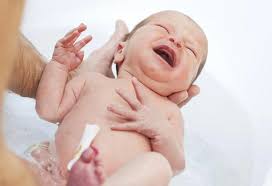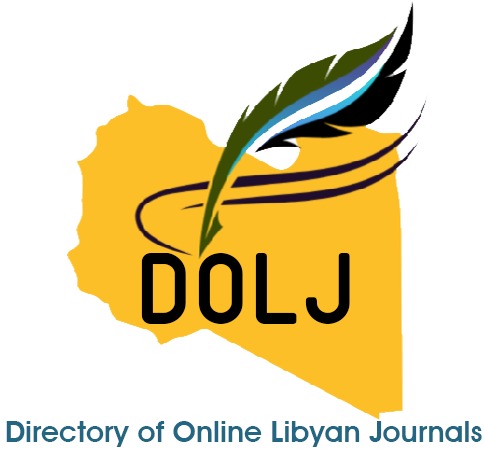Nurses' Knowledge regarding Immediate Care of Newborns in the Saudi Hospital for Obstetrics and Gynecology, Sudan
- Authors
-
-
Fatima Elhag Ahmed
College of Nursing, Omar Al-Mukhtar University, Libya. Department of Nursing, Faculty of Applied Medical Sciences, University of Al-Butana, SudanAuthor -
Susan Zroog
College of Nursing, Omar Al-Mukhtar University, Libya. Department of Nursing, Faculty of Applied Medical Sciences, University of Al-Butana, SudanAuthor -
Abdelhakam Ali
Department of Microbiology, Faculty of Medical Laboratory Sciences, University of Al-Butana, SudanAuthor
-
- Keywords:
- Immediate Care of Newborn, Nurses' Knowledge, Nursing Care.
- Abstract
-
The first moments of a newborn’s life are crucial, as immediate care ensures survival and sets the foundation for future health. Steps like clearing the airway, maintaining warmth, and initiating breastfeeding play a vital role in stabilizing the baby and promoting bonding. This essential care not only supports physical well-being but also nurtures emotional connection, laying the groundwork for a thriving life. This was a descriptive cross-sectional hospital-based study conducted in the Saudi Hospital for Obstetrics and Gynecology in Kasala city in December 2024, to assess nurses' knowledge regarding immediate nursing care of newborns. Data were collected using a questionnaire and analyzed using the Statistical Package for the Social Sciences (SPSS) version 22. Most respondents were aged between 20 and 30 years, with females constituting 75% of the sample. A majority of participants have less than five years of experience, and most of them hold a bachelor’s degree. More than half received specialized training in neonatal care. According to the understanding of neonatal norms, the majority of nurses identified an Apgar score of 7-10 as normal. Most respondents identified correctly the normal range of newborn body temperature and emphasized immediate skin-to-skin contact. (52, 1%) recognized colostrum's role in boosting immunity. The statistical analysis showed that the only factor significantly linked to higher knowledge scores (p=0.032) was receiving specialized training. Heavy workload is cited as a key challenge faced by nurses in providing immediate nursing care. In contrast, the most critical knowledge gaps were concentrated in emergency resuscitation procedures, managing a non-breathing newborn, followed by poor knowledge of the chest compression-to-breathing ratio during newborn CPR. The results also revealed a gap in knowledge of the latest protocols regarding delayed cord clamping. This knowledge gap highlights an urgent need for targeted training.
- References
- Cover Image
-

- Downloads
- Published
- 2025-09-24
- Issue
- Volume 1, Issue 3, 2025
- Section
- Articles
How to Cite
Similar Articles
- Ahmed Alsharksi, Abdalla Ali, Adam Mustapha, Clostridium difficile A-B Toxins as a Cause of Diarrheal Disease: Data from a University Hospital in Northern Cyprus , Razi Medical Journal: Volume 1, Issue 4, 2025
- Ahmed Alsharksi, Abdalla Ali, Adam Mustapha, Muna Alshagmani, Bacterial Profile and Their Antimicrobial Susceptibility Pattern of Isolates Recovered from Intensive Care Units of Libyan Hospitals. , Razi Medical Journal: Volume 1, Issue 3, 2025
- Raja Moman, Nouralhuda Altair, Abdulkarem Tamer, Amnnah Ghalbun, Nagat EL-Magrahi, Antibiosis of Antibiotics, Honey and Probiotics Related Bacteria to Diabetic Foot Infections , Razi Medical Journal: Volume 1, Issue 1, 2025
You may also start an advanced similarity search for this article.








